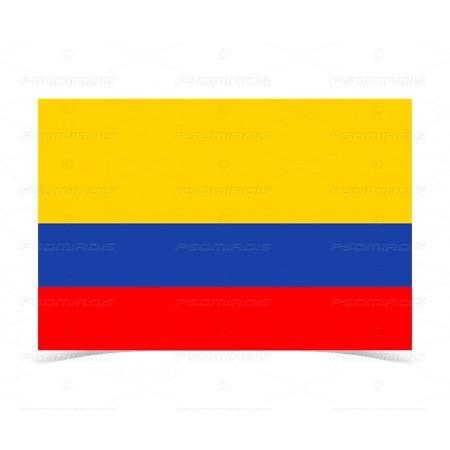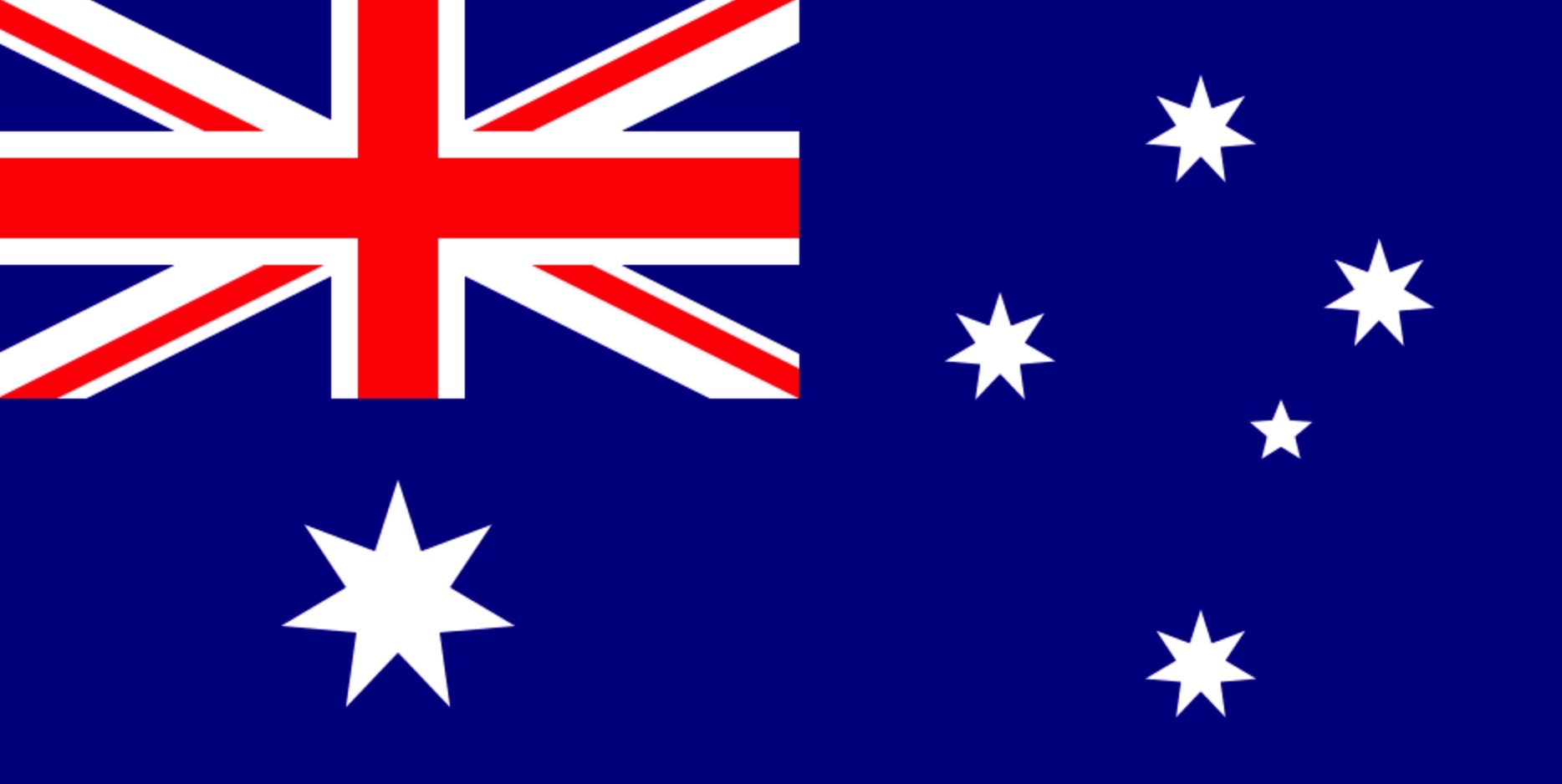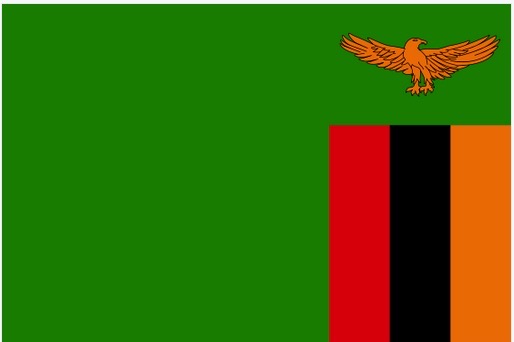Original Articles
31 March 2016
Vol. 11 No. s1 (2016): HEALTHY FUTURES
Mosquito breeding site water temperature observations and simulations towards improved vector-borne disease models for Africa

Publisher's note
All claims expressed in this article are solely those of the authors and do not necessarily represent those of their affiliated organizations, or those of the publisher, the editors and the reviewers. Any product that may be evaluated in this article or claim that may be made by its manufacturer is not guaranteed or endorsed by the publisher.
All claims expressed in this article are solely those of the authors and do not necessarily represent those of their affiliated organizations, or those of the publisher, the editors and the reviewers. Any product that may be evaluated in this article or claim that may be made by its manufacturer is not guaranteed or endorsed by the publisher.
7493
Views
1502
Downloads
4623
HTML













